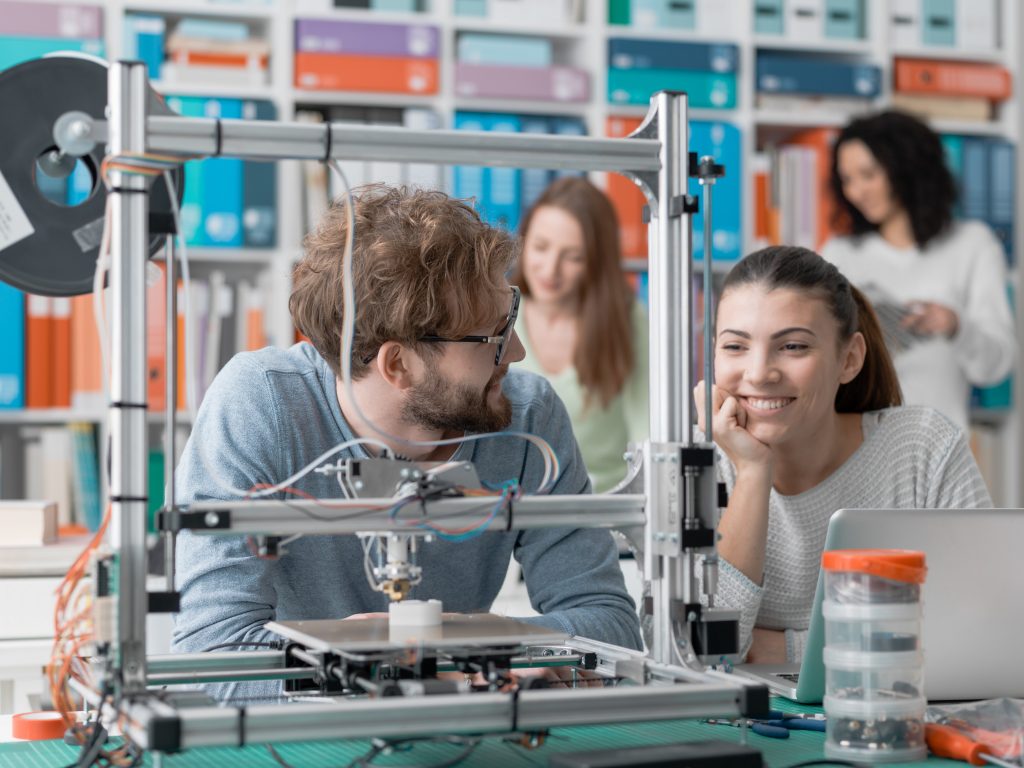
They intersect in my thoughts immediately as I enter any ICJS meeting. I hear the murmurs, then the tone, then catch an end of a sentence, a response from someone, a smile, a laugh, intensely interested stares. I catch the trajectory of a conversation. A safe, respectful, philosophical, yet structured series of conversations that always fascinate me as I listen. Truth-seeking discussions and supportive conversations. I’m such a fan of these discussions as a tool for social progress.
I admire people when I see them wrestling with concepts that add dimension to their existing perceptions of history, and culture. I both despair for and feel hopeful for people who are in the habit of avoiding unfamiliar presentations of, and perspectives on, reality. They may assume there is a long road of intellectual work ahead of them, and it may prevent them from recognizing and being as supportive of the “good” in the world as they could be. My faith, however, leans me towards hopefulness and efforts that have an actual impact on human thought. When I’m disappointed in people, I try to stay aware of the concepts of time and patience — karma and evolution.
I can appreciate the complexities of human life and the intersections of gender, religion, socio-economics, and race all operating on the backdrop of time. I sometimes see adults out in the world struggling with this in conversations, and then I see other adults totally removed from the conversation. I marvel at the lackluster example many adults present to young people, and how, nevertheless, sometimes the young mind may still show glimmers of curiosity and respect for other points of view.
Generations of human experiences are a backdrop for any young person struggling to navigate society. In a world of information overload and conflicting social pressures, I constantly think of ways to be a better facilitator of young people reaching truths. I look for nuggets of wisdom I can package and present to the young people in my life. At times I’m just blown away by the beautiful potential they possess. The culture at ICJS is a wealth of experiences for me to pull from in the task of modeling fairness in conversation with young people.
I look for opportunities to display that skill of open-minded fairness when I encounter conversations with young people. I love supportive conversations, I love the ‘ah-ha’ moments where cultural norms are picked apart and assessed for any real value in a context of community, rather than through a singular focus on self.
Once as I was teaching a group of middle schoolers about 3D printing, and I heard a random “Its monotheistic!” I heard the young man say it to his classmate as I instructed the group of nineteen middle-schoolers how to use 3D printing pens. I wasn’t at the table to hear the start of the conversation, but I listened closer as he began to explain what monotheism meant to him. He did a good job describing the concept of belief in one god. Then another young teen mentioned how all humans are one people and how our ideas about our respective cultures and values change over time but that we are all one organism.
I was blown away by the calm, matter-of-fact, conversation. They shared such deep insights, and while some voiced disagreement, it wasn’t disrespectful. As I continued to answer questions about 3D printing, I mentally zoned out a little bit thinking of how these are the next senators, mayors, engineers, and decision-makers. I saw my current role as the human being charged to support and encourage these young minds to hang onto fairness and to consider multiple points of view. I see that long road ahead of them. I despair of the gauntlet they face, but I am also very hopeful when I hear murmurs of forgiveness, a tone of consideration, a youthful, innocent spirit of empathy at work, another supportive conversation that may just guide another human being to stay on a path that multiplies the “good.”
Muhammad Najeeullah is Coordinator of Open Works Mobile, Founder of FullBlast STEAM, and a member of the 2018 ICJS Justice Leaders Fellowship.
Baltimore is part of a national conversation around questions of justice, race, and community. Members of the ICJS Justice Leaders Fellowship consider how Jewish, Christian, and Muslim teachings and practice can contribute to the public conversation about (in)justice. Opinions expressed in this blog are solely the author’s. ICJS welcomes a diversity of opinions and perspectives. We do not seek a single definition of justice between or within traditions.